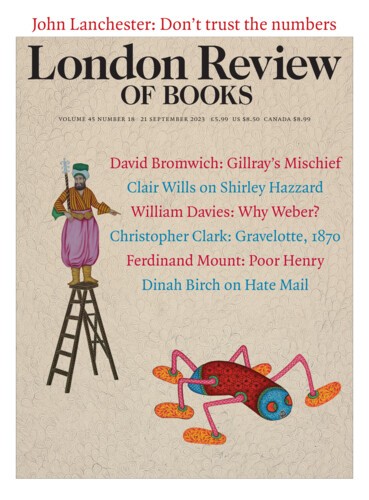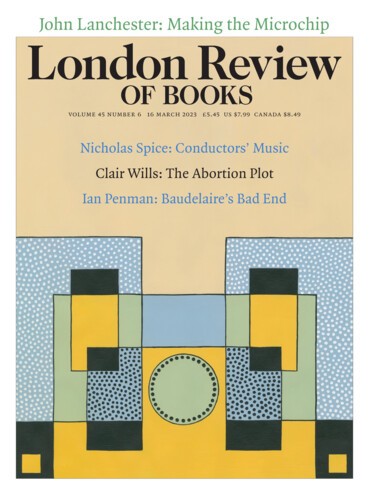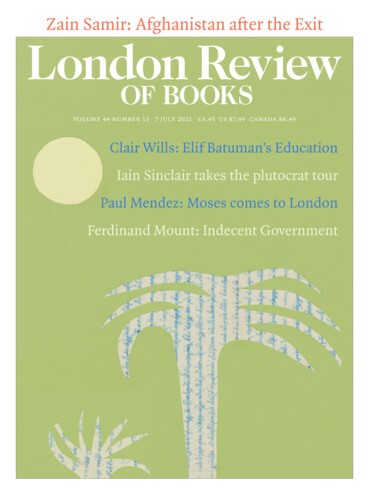The Price of Safety: Constance Marten’s Defiance
Clair Wills, 14 August 2025
For several years, I have been following the case of Constance Marten and Mark Gordon, the couple who went on the run from social services and the police in January 2023, in order to prevent their baby girl being taken into care. Marten was raised in wealth and privilege: a large landed estate, acquaintance with royalty, private schools, trust funds. She had fallen out with her family,...





